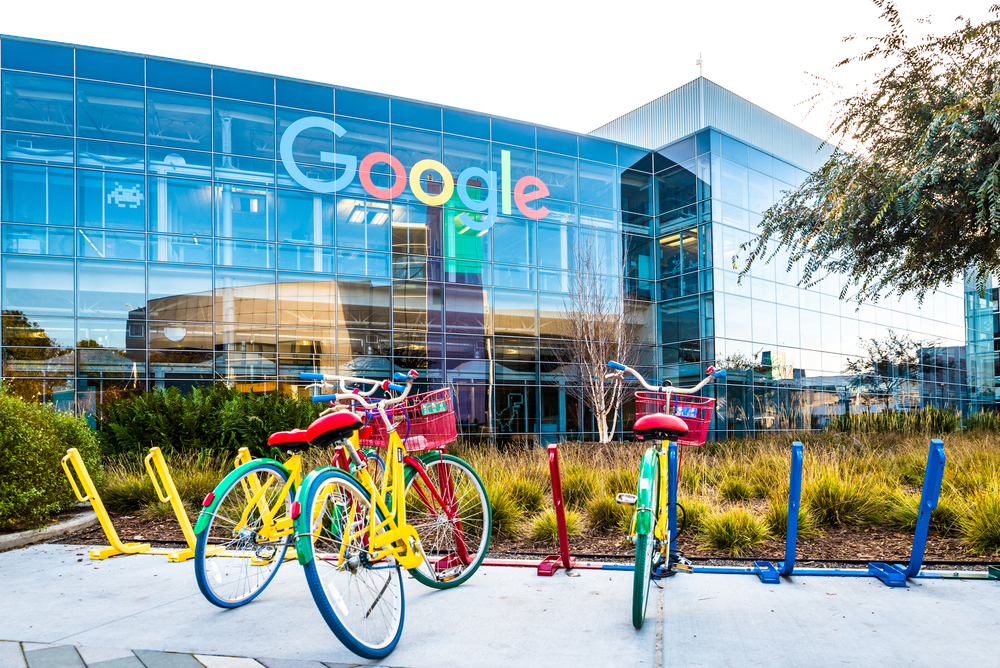Matt Brittin, Google’s president for Europe, the Middle East, and Africa, emphasized that AI is “too important not to get right.”
Brittin spoke of AI’s potential for “huge breakthroughs” across various industries amidst an ongoing global debate weighing the risks and rewards of the technology.
His remarks were made as Google entered a joint research partnership with the University of Cambridge in the UK. Through this collaboration, Google will support the University’s new Centre for Human-Inspired AI.
Here, experts from both Cambridge and Google will work together towards building innovative AI solutions for practical and theoretical problems in robotics, healthcare, and climate change.
Professor Zoubin Ghahramani, vice president of research at Google DeepMind and professor of information engineering at Cambridge University, added that the research at the new center could significantly address climate challenges.
He highlighted AI’s potential in optimizing flight paths to diminish contrails, for example – a recent project at DeepMind.
“It may not seem like an obvious use, but it is actually very valuable to address the impact of air travel,” Professor Ghahramani said.
Brittin remarked to the BBC, “If we get it right, there could be huge breakthroughs in health, the potential for unlimited, clean energy, and a society where everyone has opportunities through education and powerful, intelligent tools.”
Brittin also recalled Google’s journey towards sustainability, noting, “I joined the company in 2007, and that was the year we became carbon neutral – we became one of the world’s biggest purchasers of renewables.”
Some critics argue that the AI revolution, in which Google plays a significant role, might have detrimental environmental impacts, likening it to “an enormous extractive industry for the 21st Century.”
Concerns are rising, especially with a study hinting that the AI sector’s growth could soon match the energy consumption of countries as large as the Netherlands.
Other risks are manifold, from AI turning against its creators to job displacement and eroding democracies.





